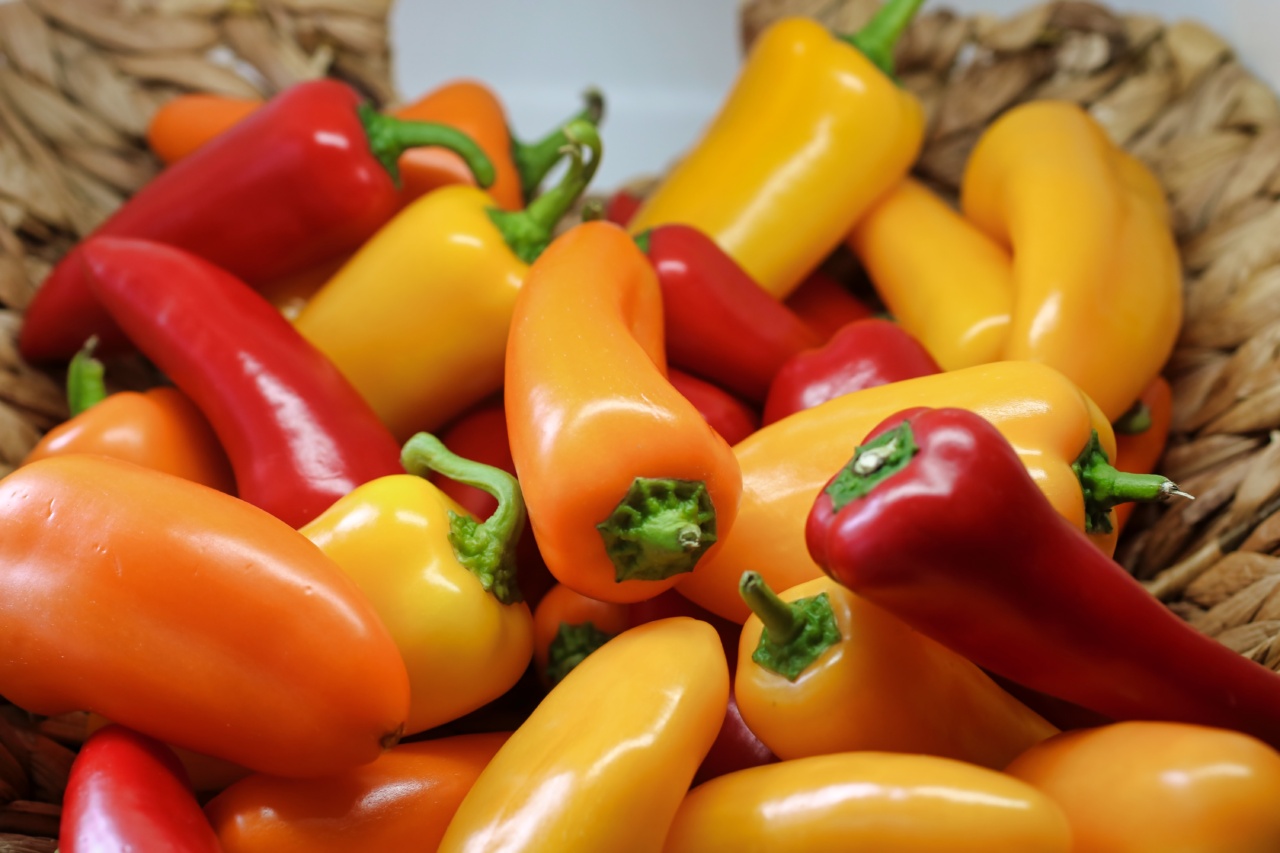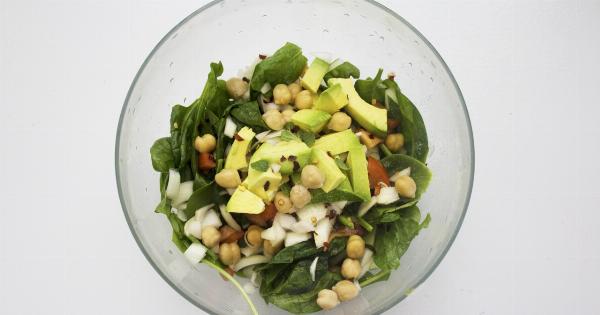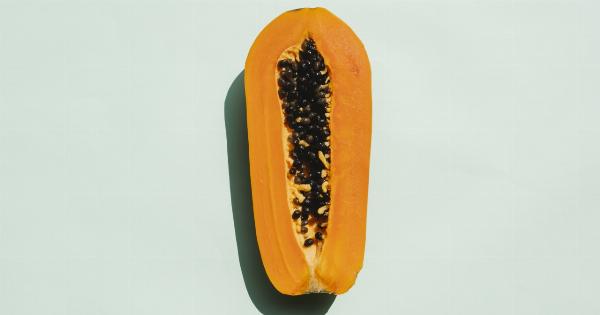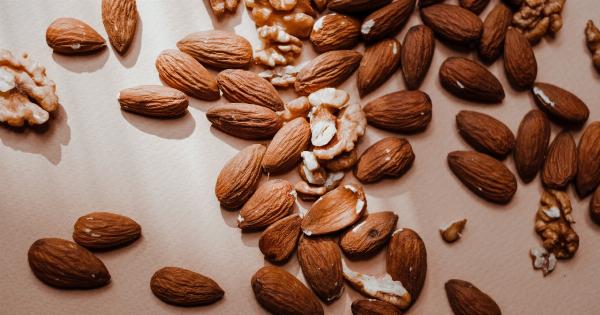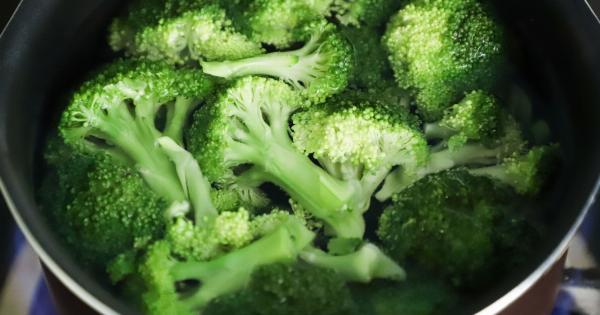Frozen vegetables have gained popularity as a convenient and long-lasting option, but many consumers wonder if they can match the taste and nutritional value of fresh vegetables.
In this article, we will explore the differences in taste between frozen and fresh vegetables and discuss various factors that contribute to their flavor profiles.
Nutritional Value of Frozen and Fresh Vegetables
Before delving into the taste aspects, it’s crucial to comprehend the nutritional value of both frozen and fresh vegetables. Fresh vegetables are often touted as the healthier choice due to the perception that freezing may lead to nutrient loss.
However, studies have shown that the nutrient content in frozen vegetables is comparable to, and sometimes even higher than, that of fresh vegetables.
Vegetables are typically frozen soon after they are harvested, preserving their nutrients at their peak. On the other hand, fresh vegetables may undergo a significant nutrient loss during transportation and storage before reaching the consumer.
Therefore, frozen vegetables can be an excellent option for maintaining a healthy and balanced diet.
Texture and Appearance
One of the most noticeable differences between frozen and fresh vegetables lies in their texture and appearance.
Frozen Vegetables
Frozen vegetables tend to have a softer texture compared to their fresh counterparts. The freezing process causes water inside the vegetables to form ice crystals, which can break down cell walls and affect their structure.
As a result, frozen vegetables may become slightly mushy when cooked, particularly if overcooked.
In terms of appearance, frozen vegetables can lose some vibrancy. The freezing process may cause them to lose some of their natural color, resulting in a slightly duller appearance.
However, advancements in freezing technologies have minimized these effects, and many frozen vegetable products retain their visual appeal.
Fresh Vegetables
Fresh vegetables are renowned for their crispness and firm texture. They are harvested at their peak ripeness and consumed soon after, allowing them to retain their natural structure.
When cooked, fresh vegetables often maintain a desirable crunch, adding to the overall eating experience.
In terms of appearance, fresh vegetables shine. Their vibrant colors and natural sheen make them visually appealing and can enhance the visual presentation of a dish. The freshness of the vegetables is often associated with higher quality and taste.
Flavor Profile
Now, let’s delve into the most crucial aspect when it comes to comparing frozen and fresh vegetables – their taste.
Frozen Vegetables
The flavor of frozen vegetables can be influenced by several factors, including the freezing process, the type of vegetable, and the length of storage.
When vegetables are frozen, the ice crystals formed can affect the vegetable’s cell structure and lead to a slight loss of flavor. However, if properly stored and cooked, frozen vegetables can maintain a good degree of their original taste.
Some individuals find that frozen vegetables have a milder taste compared to fresh vegetables. This can be attributed to the freezing process, which can slightly diminish the intensity of flavors.
However, this milder taste can be advantageous for those who prefer a more subtle vegetable flavor in their dishes.
Additionally, the freezing process can help to preserve the natural sweetness of certain vegetables, such as corn and peas. It can also reduce the bitterness of others, like Brussels sprouts and kale.
Therefore, frozen vegetables can provide a consistent and mellow flavor profile.
Fresh Vegetables
The taste of fresh vegetables is highly regarded for its natural freshness and robust flavors.
Since fresh vegetables are consumed close to their harvest date, they often offer a more intense and vibrant taste. The crispness and firm texture of fresh vegetables can contribute to a more satisfying munching experience.
Furthermore, fresh vegetables can exhibit subtle flavor nuances that may not be present in their frozen counterparts.
This richness in taste often stems from the immediate cultivation-to-consumption journey, allowing the vegetables to develop their full potential.
Cooking Methods and Effects on Taste
Both frozen and fresh vegetables can be prepared using various cooking methods, and each method may impact their taste differently.
Steaming
Steaming is a popular cooking method for preserving the natural flavors and nutrients in vegetables.
When both frozen and fresh vegetables are steamed, their taste remains relatively intact, although fresh vegetables may retain a slightly crisper texture.
Boiling
Boiling vegetables, especially frozen vegetables, can lead to a more noticeable loss of flavor compared to other cooking methods. The prolonged exposure to boiling water can leach out some of the water-soluble nutrients and affect the taste.
However, fresh vegetables tend to hold up better during boiling and may retain more of their original flavor.
Sautéing/Stir-Frying
Sautéing or stir-frying vegetables can result in delicious flavors due to the caramelization and Maillard reactions that occur when the vegetables come into contact with high heat.
Both frozen and fresh vegetables can be transformed into tasty dishes using these methods, with fresh vegetables offering a more pronounced flavor.
Roasting
Roasting vegetables, whether frozen or fresh, can intensify their natural flavors. The browning and caramelization that occur during the roasting process can bring out delightful taste notes, enhancing the overall eating experience.
While some individuals argue that fresh vegetables may have a slight advantage in taste when roasted, both options can deliver scrumptious results.
Blanching
Blanching is a common practice used to prepare vegetables for freezing. It involves scalding vegetables in boiling water for a short period and then rapidly cooling them in ice water.
However, blanching can result in a slight loss of flavor in both frozen and fresh vegetables, as some volatile compounds responsible for their taste can be partially eliminated during the process.
Summary
In conclusion, the taste comparison between frozen and fresh vegetables is subjective and dependent on various factors, including personal preferences and cooking methods.
While frozen vegetables may not offer the same crispness and intensity of flavors as fresh vegetables, they still provide a convenient and nutritious option. On the other hand, fresh vegetables boast a robust taste and appealing texture, but their availability may be limited to seasonal produce.
Ultimately, a combination of both frozen and fresh vegetables in one’s diet can provide a well-rounded culinary experience.
